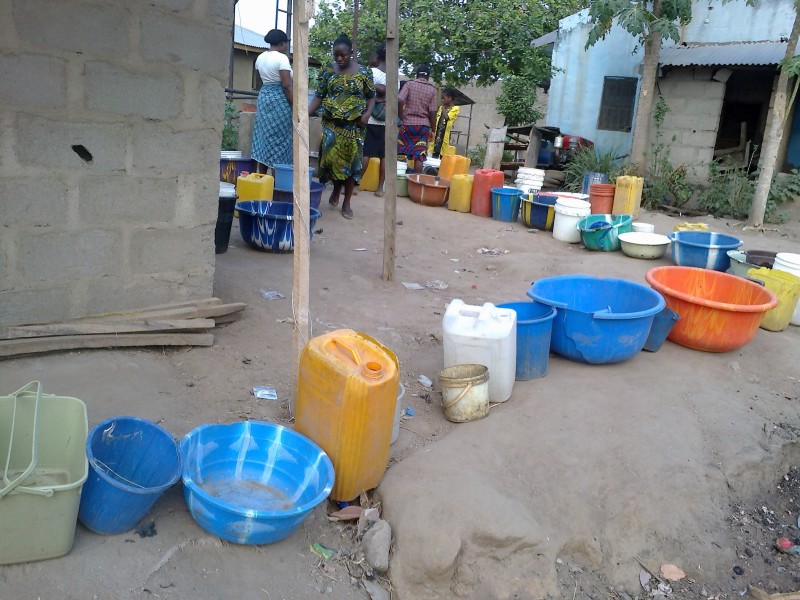Nigeria needs to invest about $600 million yearly in the water supply sector over the next 10 years if it hopes to achieve universal coverage of safe drinking water supply by 2025, a recently published report by World Bank Water and Sanitation Programme (WSP) has said.

Titled “State Water Agencies in Nigeria: A Performance Assessment”, the WSP report published in conjunction with Nigeria’s Federal Ministry of Water Resources, assessed 35 out of the 37 urban state water agencies in Nigeria, based on performance data from the International Bench Marking Network for water and sanitation utilities, tariffs levels and structures, financing mechanisms, and governance.
The report, analysed by eWASH, identified challenges affecting the operational performances of Nigeria’s urban water agencies as accelerated urbanisation; lack of investments and investment projects; institutional limitations including some that prevented successful execution of an investment projects portfolio to expand and guarantee water supply for all; and fiscal constraints in a sector where incomplete cost recovery is the norm.
Arguing that inadequate financial investments limits the capacity of state water activities to provide efficient market and sustainable water services, the report pointed out that only 17 out of 35 state water agencies in Nigeria invested more than $10 million in the urban water supply sector between 2005-2015, while another eight state water agencies mostly in the South East had no investments since they were created in 1991.
The current rate of investment $70 to $80 million a year is not enough to maintain sector performance, the report declares, adding that, to achieve universal water supply, the country needs to invest about $6 billion within the next 10 years in the water sector. The report also advocated for the establishment of a National Water Fund to develop a pipeline of investment projects.
The report also found out that state water agencies, statutorily responsible for providing urban water services, were only able to deliver drinking water services to only a fraction less, than 37% of the population in 2013.
“Urban water supply is struggling to cope with the continuing urbanisation of Nigeria, it is imperative to expand the service by constructing 20 to 30 water treatment plants to guarantee needed volume and at least 100,000 kilometres of additional mains to distribute water to consumers,” stresses the report.
The report makes the following recommendations, which are designed to address the operational challenges facing state water agencies in Nigeria:
- Establishment of a baseline and monitoring and evaluation mechanism in the water sector to develop preferred investment programs based on objective information and performance indicators.
- Corporatisation of state water agencies, and ensuring their technical and financial operations are made more transparent.
- Establishment of an efficient and equitable tariff policy at national and state levels.
- Metering of both water production and consumption by all state water agencies to ensure accurate billing, cost accounting, water conservation and demand management.
- Customers should be considered potential sources of revenues for water services rendered.
- State Water Agencies should prepare short term financing portfolios and a pipeline of projects.
- A National Water Fund to develop a pipeline of investment projects, based on reported performance information, objective needs, and guarantees from the state, that built infrastructure will be properly financed, operated and maintained.
- The Water Investment Mobilisation and Application Guidelines should be reviewed and its applicability evaluated.
By Babatope Babalobi (eWash)
